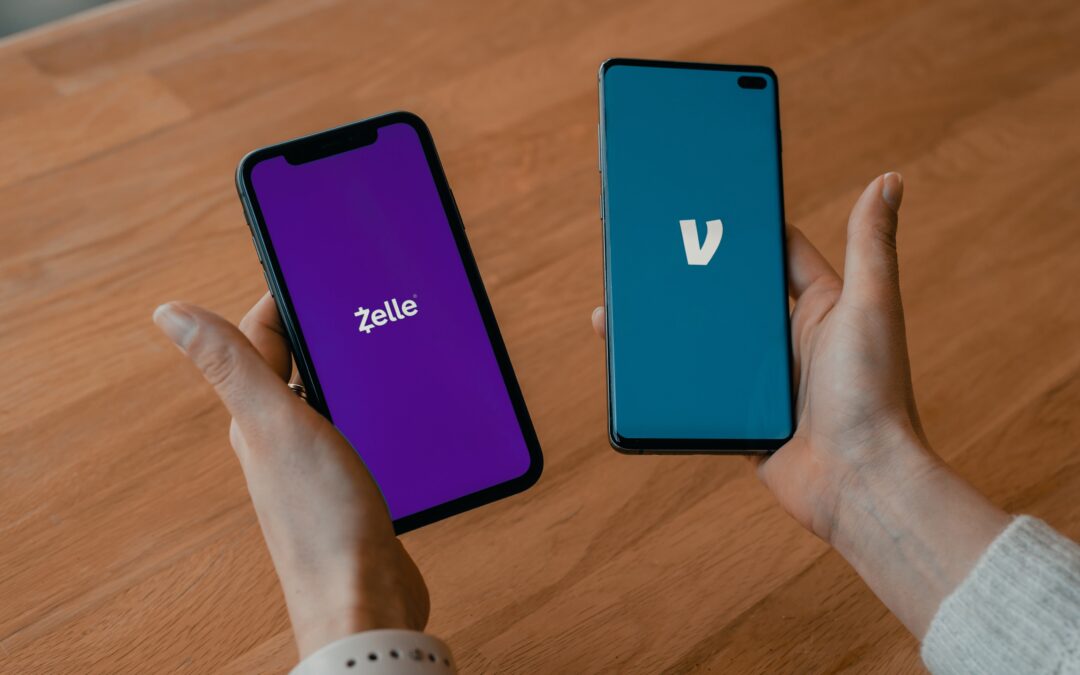Don’t Get Scammed When Using Zelle or Other Instant Payment Apps
Zelle and other peer-to-peer instant payment apps make transferring money from your bank account quick and easy. Unfortunately, scammers are leveraging these apps to swindle their users. If you use Zelle or one of the other P2P money transfer apps, there are some things you should be aware of to use payment apps securely.
Only transfer money to people you know
It’s best to limit your use of Zelle, Venmo, Cash App, and other P2P payment apps to transfer funds to family members and friends. These apps require only that the sender use the recipient’s phone number or email address when making a transfer. So, you should only send money to recipients’ using phone numbers and email addresses you know to be correct. Requests that appear to be from a friend or family member asking that you transfer money using a different number or address, could mean their account has been hacked. Don’t make the transfer until you contact that person directly and verify the request.
Transfer the money now!
Scammers often convey urgency when attempting to get their victims to send them money. “I’m with the water department and you must make this payment now using this app or your service will be disconnected!” Don’t be fooled by such claims and demands.
A company you do business with suddenly wants payment via Zelle
Say you’re contacted by someone claiming to be with your electric company, your bank’s loan department, or some other service provider. You’re instructed to make this month’s payment via Zelle or another payment app, something that’s never happened before. Tell the person that you’ll need to call the organization’s customer service department to discuss this. Chances are good that communications with the scammer will end there. Additionally, you can remove your contact information from data brokers to prevent you from being contacted.
Use native phone apps, instead
The FBI is receiving a large volume of reports regarding P2P payment app scams. The bureau recommends that, rather than using Zelle or other instant payment apps, you should use the Apple Pay and Google Pay apps that come with iOS and Android devices whenever possible. Per the FBI, these apps offer more security.
What if you are scammed?
If you find that you are a victim of a P2P payment app scam, contact your bank immediately. If notified right away, there may be something your bank can do to stop or reverse the transaction.
The FBI also wants to know about scams like these. You are encouraged to report the crime using the bureau’s Internet Crime Complaint Center at IC3.gov. If it appears that the scammer is local (i.e., contacted you using what looks like a local phone number), you may also want to contact your local law enforcement agency and report the incident.
Final thoughts…
In this and many other social engineering scams, criminals will frequently try and rush you into performing some action. Don’t allow yourself to be fooled by their high-pressure tactics.
Perhaps the best advice to follow to avoid falling victim to P2P payment scams is to limit how you use these apps. Only use Zelle and other payment apps to send money to friends and family members using phone numbers or email addresses you know to be correct.

